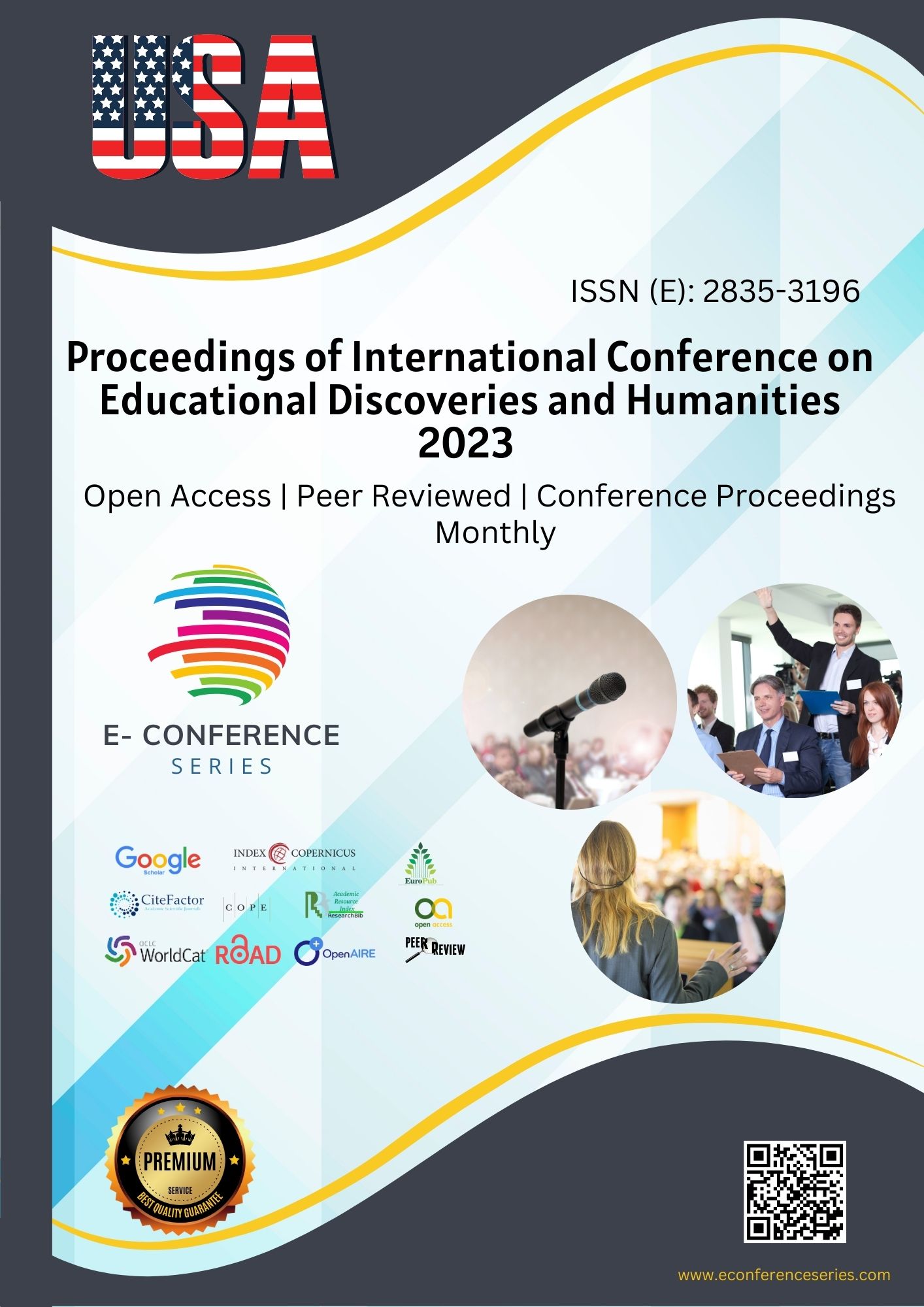EMERGENT SOCIO-CULTURAL ISSUES IN DEVELOPING CRITICAL THINKING SKILLS IN TEACHING FOREIGN LANGUAGES
Keywords:
critical thinking, socio-cultural issues, culturally responsive teaching, intercultural communication, linguistic capital, cognitive development, inclusive pedagogy, bias and stereotyping, output hypothesis.Abstract
In an increasingly globalized world, the importance of critical thinking skills in foreign language education is paramount. However, teaching these skills is complicated by various socio-cultural issues that influence both students' cognitive and linguistic capabilities. This thesis explores the socio-cultural challenges that educators face in promoting critical thinking in foreign language classrooms. It examines the perspectives of sociologists and methodologists on these issues and proposes practical solutions. This comprehensive analysis emphasizes the need for culturally responsive teaching methodologies aimed at fostering both linguistic competence and critical thought, ultimately contributing to students' holistic development and intercultural communication.
References
Bourdieu, P. (1991). Language and Symbolic Power. Harvard University Press.
Cohen, L., & Manion, L. (2007). Research Methods in Education. Routledge.
Gay, G. (2010). Culturally Responsive Teaching: Theory, Research, and Practice. Teachers College Press.
Levinson, S. C. (2006). Space in Language and Cognition: Explorations in Cognitive Diversity. Cambridge University Press.
Swain, M. (2000). The Output Hypothesis and Beyond: Mediating Acquisition through Collaborative Dialogue. In J. P. Lantolf (Ed.), Sociocultural Theory and Second Language Learning (pp. 97-114). Oxford University Press.
Vygotsky, L. S. (1978). Mind in Society: The Development of Higher Psychological Processes. Harvard University Press.
Downloads
Published
Issue
Section
License

This work is licensed under a Creative Commons Attribution-NonCommercial 4.0 International License.








